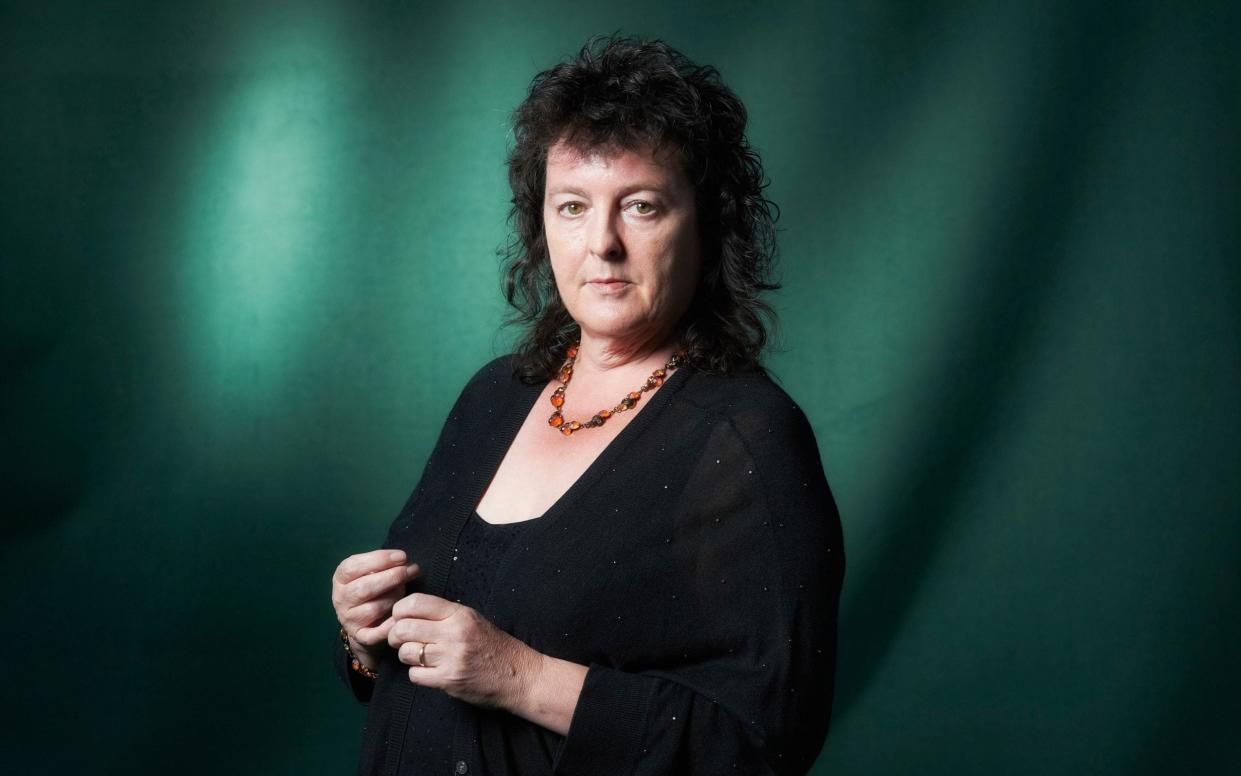World poetry day: Carol Ann Duffy’s tips for getting your poems published

- Oops!Something went wrong.Please try again later.
Before I ever published what we might call a full collection, I started with some pamphlets.
A pamphlet is different from a collection. A collection will usually include 40 to 60 poems. The collection will have a spine with a title on it. A pamphlet is a much slimmer publication. It will probably not be chunky enough to have a spine with a title and the author’s name running down it. A pamphlet is useful because you will want to give poetry readings and you will want to have something that your audience can take home with them, or buy afterwards. You need something tangible to offer when some lovely person comes up to you and says: “Oh, I love that particular poem!”
A pamphlet announces the arrival of a new poet. I produced three pamphlets of between 12 and 24 poems before I arrived at work that I thought was strong enough to form a collection. If I come across these pamphlets now I feel mortified. They are very early apprentice poems but still I think it’s a necessary step to begin in a small way when you first publish and build a following. It’s rare that a poet will burst on to the scene with a magnificently achieved full collection.
That pamphlet signifies an end to the first stage of your journey as a new poet. You will have travelled from your period of contemplation, during which you marshal your thoughts and materials, to your notebook, where you set those thoughts down and then on to the empty page, where you lay out a first draft of your poem and then work on it until you can do no more. Then one day, depending on how quickly you work – some poets are quick, some need more time – there will come a point when you have a gathering of poems, maybe a dozen or more. The first thing to do is to sit down and read them and celebrate your achievement thus far.
0It is possible, even likely, that when you read through your gathering of poems, you will begin to discern common themes or points of connection between them. This might prompt you to shuffle them around and read them again in a new order, not necessarily the order in which they were written. It may be that the poem you choose to put first will be the last poem you wrote and that the first poem you wrote may turn out to have some kind of relationship to the last. This sifting and reordering and placing of poems in relation to one another could be shaped by a story the poems tell, by autobiography, or by exploration of theme. As you engage in this process you will begin to see whether or not you have enough substance for a pamphlet, or whether something is still lacking and there is more work to be done.
I meet many new poets who want to go straight to being published by a major publisher. For that to happen would be very unusual. Even before you have enough poems to gather into a pamphlet you may be sending individual poems to poetry magazines, of which there are many. Nothing exceeds the thrill of seeing, for the first time, a poem in print with your name on it.
I have published nine full collections of poems. The first of these volumes was published in 1985. So that’s nigh on forty years to produce nine collections and I haven’t been remiss in my devotion to the craft or vocation of poetry – but I have done other things. I’m now working on a 10th collection, which will probably take another year and a half to complete. Looking at the careers of other contemporary poets I can see that, by and large, most poets – if they’re lucky – publish a collection once every three years on average.
In short, the assembling of poems is a slow process. It therefore makes sense to start with magazines. You can see your work alongside that of other poets as you set out on your publishing journey. It’s a way of laying down a marker.
As part of your apprenticeship I would advise you to subscribe to some poetry magazines. In some cases you might look through a magazine and think, I don’t understand, or, simply, I don’t like these poems. That in itself will tell you that this is not the right home for your poem. Other magazines, you will love. You will think, I want to be in there, I would feel comfortable, I want to be at that party. Those are the magazines to which you should send your first poems. Not all are print magazines, of course – there are many online.
Do your research. There are poetry libraries in Manchester, Edinburgh and London, as well as the fabulous Northern Poetry Library in Northumberland. Remember to research the small presses too, with a view to finding the right fit for your first pamphlet. Look out for competitions to enter, like the one run by The Poetry Business in Sheffield, which holds an annual competition to publish four new pamphlets by four new poets every year.
Taken from Carol Ann Duffy’s BBC Maestro course on Writing Poetry

